Early Signs of Alzheimer’s Disease: Why Early Detection is Crucial
Alzheimer’s disease, a form of dementia, is a progressive condition that impacts memory, thinking, and behaviour. Early detection of Alzheimer’s is vital, as it allows for more effective management and better planning for patients and caregivers. Identifying the early signs is the first step in accessing treatments and support to improve quality of life.
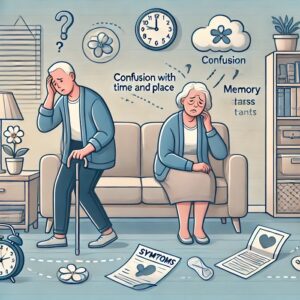
1. Memory Loss That Disrupts Daily Life
One of the most well-known symptoms is short-term memory loss, but not all memory loss is the same. Forgetting recently learned information, important dates, or relying heavily on memory aids (like reminder apps or notes) can be early signs. If someone begins to repeat the same questions or conversations, it could indicate more than normal aging.
2. Difficulty Planning or Solving Problems
People with Alzheimer’s often find it hard to develop and follow a plan, whether it’s following a recipe or keeping track of monthly bills. Familiar tasks that once felt simple, like organizing a grocery list or managing finances, become increasingly challenging as the disease progresses.
3. Confusion with Time or Place
Alzheimer’s can cause individuals to lose track of time, seasons, or locations. They might forget where they are, how they got there, or struggle with the passage of time. This can be particularly disorienting, leading to significant anxiety or frustration.
4. Trouble Understanding Visual Images and Spatial Relationships
Difficulties with vision can also be an early sign. People may experience trouble reading, judging distances, or determining color and contrast, which can affect tasks such as driving.
5. Problems with Speaking or Writing
Alzheimer’s often causes difficulty in joining or following conversations. Individuals may stop in the middle of a conversation and have no idea how to continue or may repeat themselves. They might also struggle with vocabulary, such as calling things by the wrong name (e.g., referring to a watch as a “hand-clock”).
6. Misplacing Items and Losing the Ability to Retrace Steps
People with Alzheimer’s may put objects in unusual places and often cannot retrace their steps to find them. As the disease progresses, individuals might accuse others of stealing when they can’t find something they misplaced.
7. Decreased or Poor Judgment
Those in the early stages of Alzheimer’s may experience changes in judgment or decision-making. For instance, they may make poor financial choices, such as giving away large sums of money to telemarketers, or neglect personal grooming.
8. Withdrawal from Work or Social Activities
Because of the challenges they face in following conversations or remembering information, individuals with early Alzheimer’s may start to withdraw from hobbies, social engagements, or even work.
9. Changes in Mood and Personality
Mood swings, irritability, depression, confusion, and anxiety can all signal the onset of Alzheimer’s disease. Someone might become easily upset at home, at work, or in settings where they are out of their comfort zone.
Why Early Detection of is Crucial
Identifying Alzheimer’s in its early stages allows for timely intervention. Though there is currently no cure, treatments are available that can temporarily slow the progression of symptoms, offering patients more time to manage the disease. Early diagnosis also provides an opportunity to implement strategies that help maintain independence longer, such as lifestyle changes and cognitive therapies.
Moreover, early detection gives families and caregivers time to plan for the future. This includes financial and legal planning, determining care giving responsibilities, and finding the right support networks. A confirmed diagnosis can alleviate some of the uncertainty and help families access necessary resources, such as medical care and caregiver support.
Conclusion
Alzheimer’s is a complex disease, but by recognizing the early signs, individuals and their families can take proactive steps to ensure better care and quality of life. Early detection empowers patients and caregivers, helping to manage symptoms and plan for the challenges that lie ahead. If you or a loved one experiences these warning signs, consult a healthcare professional for further evaluation and guidance.
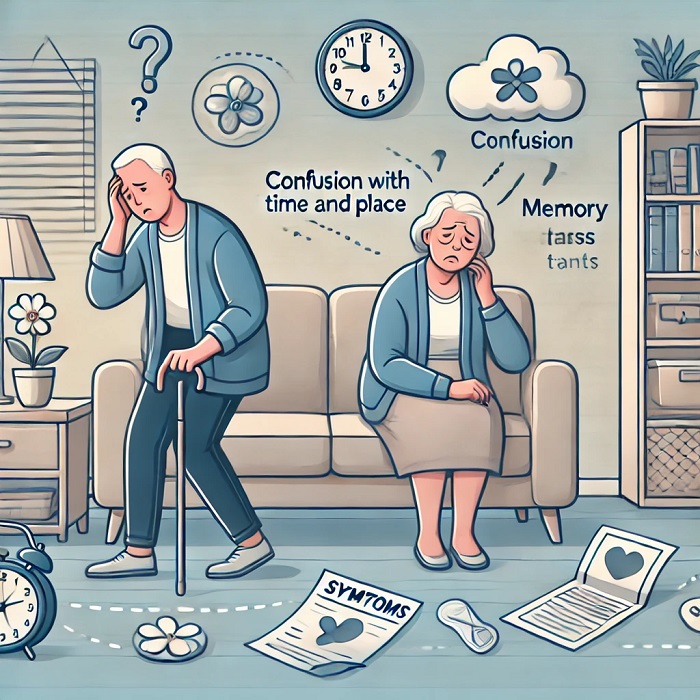



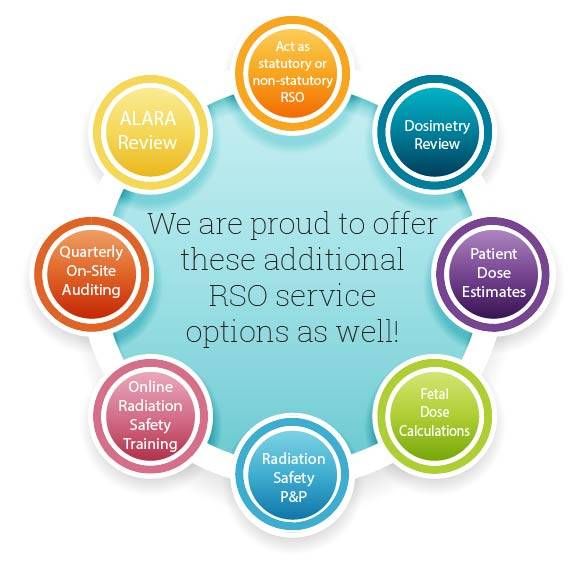

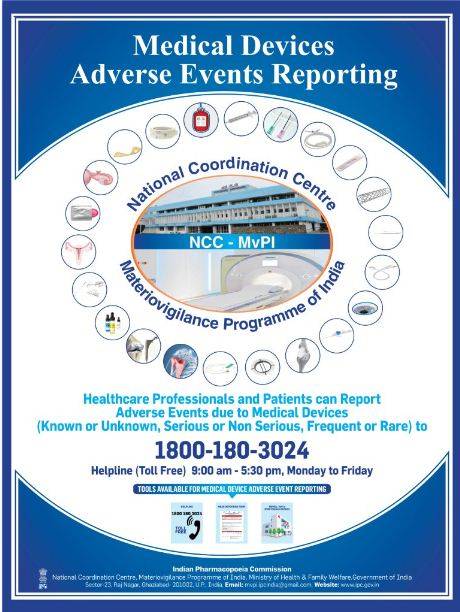

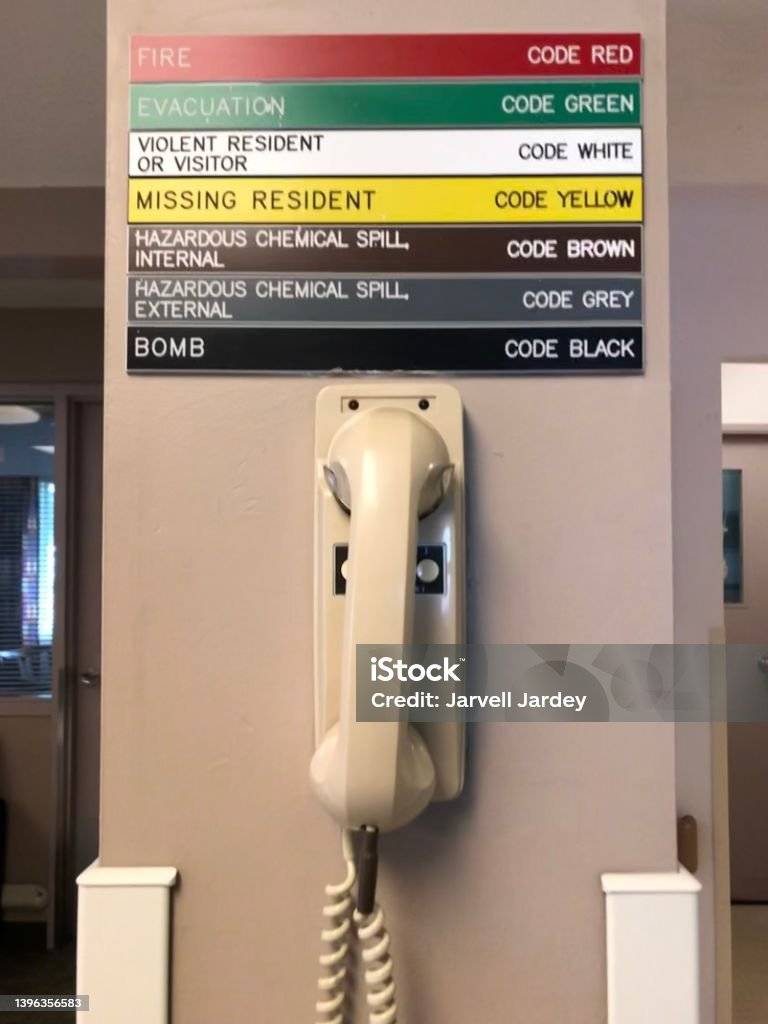
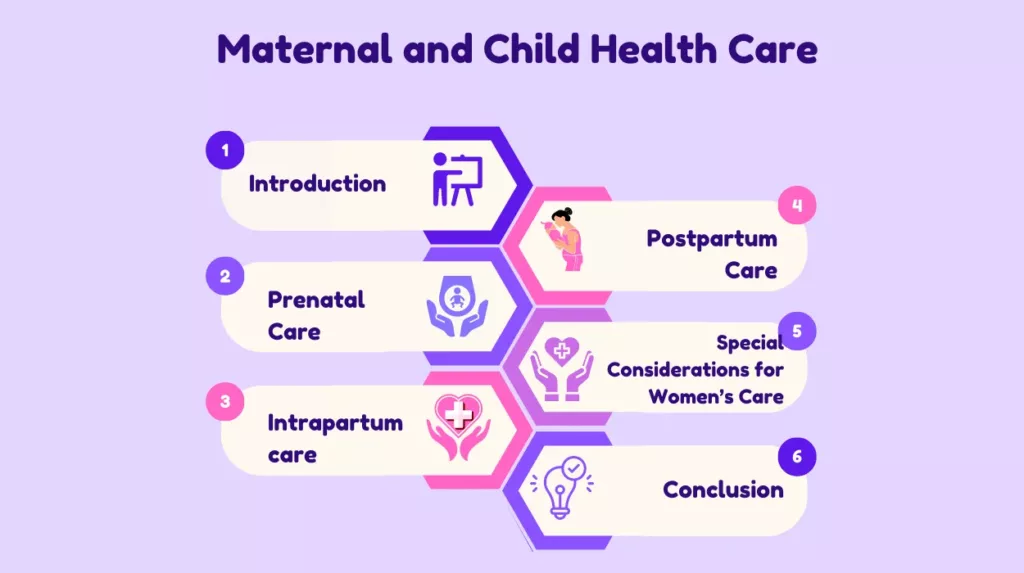

Leave a Reply